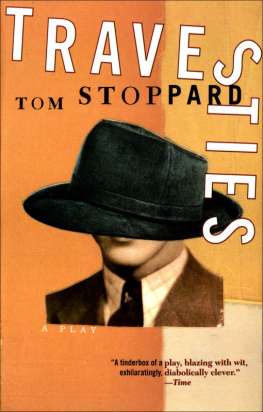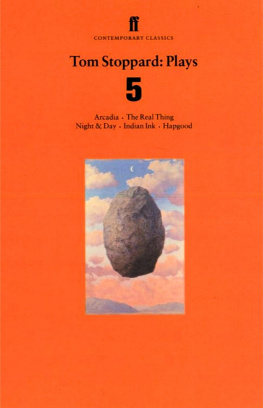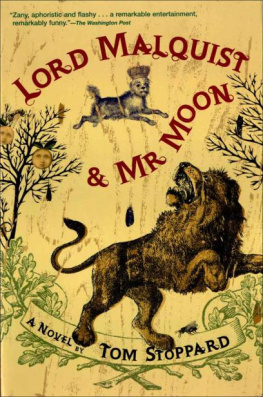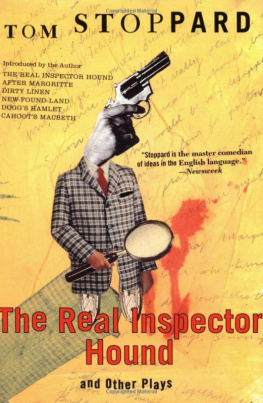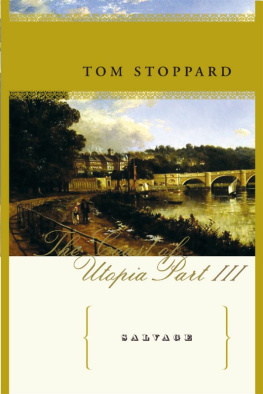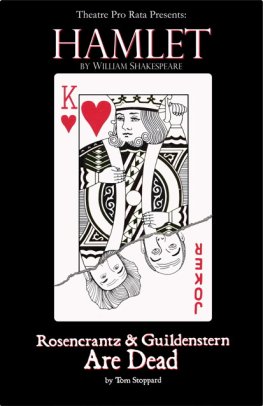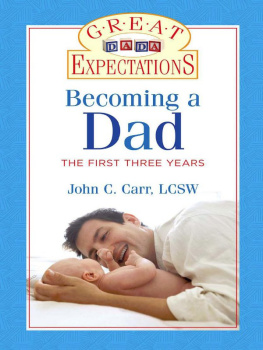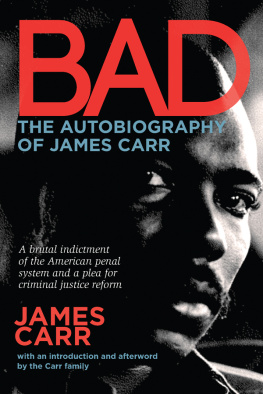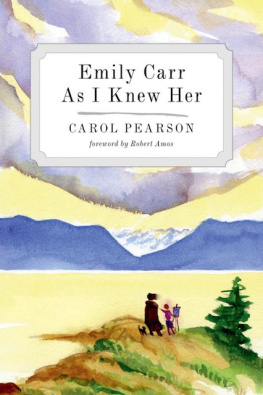TRAVESTIES
WORKS BY TOM STOPPARD
PUBLISHED BY GROVE PRESS
Every Good Boy Deserves Favor and Professional Foul
Jumpers
The Real Inspector Hound and Other Plays
Rosencrantz and Guildenstern Are Dead
Travesties
The Invention of Love
TRAVESTIES
TOM STOPPARD

Copyright 1975 by Tom Stoppard
All rights reserved. No part of this book may be reproduced in any form or by any electronic or mechanical means, or the facilitation thereof, including information storage and retrieval systems, without permission in writing from the publisher, except by a reviewer, who may quote brief passages in a review. Any members of educational institutions wishing to photocopy part or all of the work for classroom use, or publishers who would like to obtain permission to include the work in an anthology, should send their inquiries to Grove/Atlantic, Inc., 841 Broadway, New York, NY 10003.
CAUTION: Professionals and amateurs are hereby warned that Travesties is subject to a royalty. It is fully protected under the copyright laws of the United States, Canada, United Kingdom, and all British Commonwealth countries, and all countries covered by the International Copyright Union, the Pan-American Copyright Convention, and the Universal Copyright Convention. All rights, including professional, amateur, motion picture, recitation, public reading, radio broadcasting, television, video or sound taping, all other forms of mechanical or electronic reproduction, such as information storage and retrieval systems and photocopying, and rights of translation into foreign languages, are strictly reserved.
First-class professional applications for permission to perform it, and those other rights stated above, must be made in advance to Peters Fraser & Dunlop, Drury House, 34-43 Russell Street, London WC2B 5HA, England.
Stock and amateur applications to perform it, and those other rights stated above, must be made in advance, before rehearsals begin, with Samuel French, Ltd., 45 West 25th Street, New York, NY 10010.
Printed in the United States of America
Library of Congress Catalog Card Number 75-13552
eBook ISBN-13: 978-0-8021-9532-6
Grove Press
an imprint of Grove/Atlantic, Inc.
841 Broadway
New York, NY 10003
Distributed by Publishers Group West
www.groveatlantic.com
09 10 11 12 13 14 15 30 29 28 27 26 25 24
For Oliver, Barnaby,
William and Edmund
The first performance of Travesties took place at the Aldwych Theatre, London, on 10 June 1974 in a production by the Royal Shakespeare Company. The cast was as follows:
HENRY CARR | John Wood |
TRISTAN TZARA | John Hurt |
JAMES JOYCE | Tom Bell |
LENIN | Frank Windsor |
BENNETT | John Bott |
GWENDOLEN | Maria Aitken |
CECILY | Beth Morris |
NADYA | Barbara Leigh-Hunt |
The play was directed by Peter Wood, and designed by Carl Toms with lighting by Robert Ornbo.
Travesties was revived by the Royal Shakespeare Company at the Barbican, London, on 16 October 1993 with the following cast:
HENRY CARR | Antony Sher |
TRISTAN TZARA | David Westhead |
JAMES JOYCE | Lloyd Hutchinson |
LENIN | Geoffrey Freshwater |
CECILY | Amanda Harris |
GWENDOLEN | Rebecca Saire |
BENNETT | Trevor Martin |
NADYA | Darlene Johnson |
Director | Adrian Noble |
Designer | Richard Hudson |
Lighting | Jennifer Tipton |
Music | Guy Woolfenden |
The text printed in this edition incorporates revisions made by the author for the above production.
Characters
HENRY CARR appears as a shabby and very old man and also as his youthful elegant self.
TRISTAN TZARA is the Dadaist of that name. He was a short, dark-haired, very boyish-looking young man, and charming (his word). He wears a monocle.
JAMES JOYCE is James Joyce in 1917/18, aged 36. He wears a jacket and trousers from two different suits.
LENIN is Lenin in 1917: aged 47.
BENNETT is Carrs manservant. Quite a weighty presence.
GWENDOLEN is Carrs younger sister; young and attractive but also a personality to be reckoned with.
CECILY is also young and attractive and even more to be reckoned with. Also appears as her old self.
NADYA is Nadezhda Krupskaya, Lenins wife: aged 48.
Henry Wilfred Carr, 18941962
The reader of a play whose principal characters include Lenin, James Joyce and Tristan Tzara may not realize that the figure of Henry Carr is likewise taken from history. But this is so.
In March 1918 (I take the following information from Richard Ellmanns James Joyce), Claud Sykes, an actor temporarily living in Zurich, suggested to Joyce that they form a theatrical company to put on plays in English. Joyce agreed, and became the business manager of The English Players, the first production to be that of The Importance of Being Earnest. Actors were sought.
Professionals were to receive a token fee of 30 francs and amateurs to make do with 10 francs for tram fare to rehearsals. Joyce became very active and visited the Consul General, A. Percy Bennett, in order to procure official approval for the Players. He succeeded in this, despite the fact that Bennett was annoyed with Joyce for not having reported to the Consulate officially to offer his services in wartime, and was perhaps aware of Joyces work for the neutralist International Review and of his open indifference to the wars outcome. He may even have heard of Joyces version of Mr Dooley, written about this time I quote from Ellmanns superb biography, whose companionship was not the least pleasure in the writing of Travesties.
Meanwhile, Sykes was piecing together a cast An important find was Tristan Rawson, a handsome man who had sung baritone roles for four years in the Cologne Opera House but had never acted in a play. After much coaxing Rawson agreed to take on the role of John Worthing. Sykes recruited Cecil Palmer as the butler, and found a woman named Ethel Turner to play Miss Prism As yet, however, there was no one to take the leading role of Algernon Moncrieff. In an unlucky moment Joyce nominated a tall, goodlooking young man named Henry Carr, whom he had seen in the consulate. Carr, invalided from the service, had a small job there. Sykes learned that he had acted in some amateur plays in Canada, and decided to risk him.
Carrs performance turned out to be a small triumph. He had even, in his enthusiasm, bought some trousers, a hat and a pair of gloves to wear as Algernon. But immediately after the performance the actor and the business manager quarrelled. Joyce handed each member of the cast 10 or 30 francs, as prearranged, but succeeded in piquing Carr, who later complained to Sykes that Joyce had handed over the money like a tip.
The upshot was disproportionate and drawn out. Joyce and Carr ended up going to law, in two separate actions, Carr claiming reimbursement for the cost of the trousers, etc., or alternatively a share of the profits, and Joyce counter-claiming for the price of five tickets sold by Carr, and also suing for slander. These matters were not settled until February 1919. Joyce won on the money and lost on the slander, but he reserved his full retribution for
Next page
